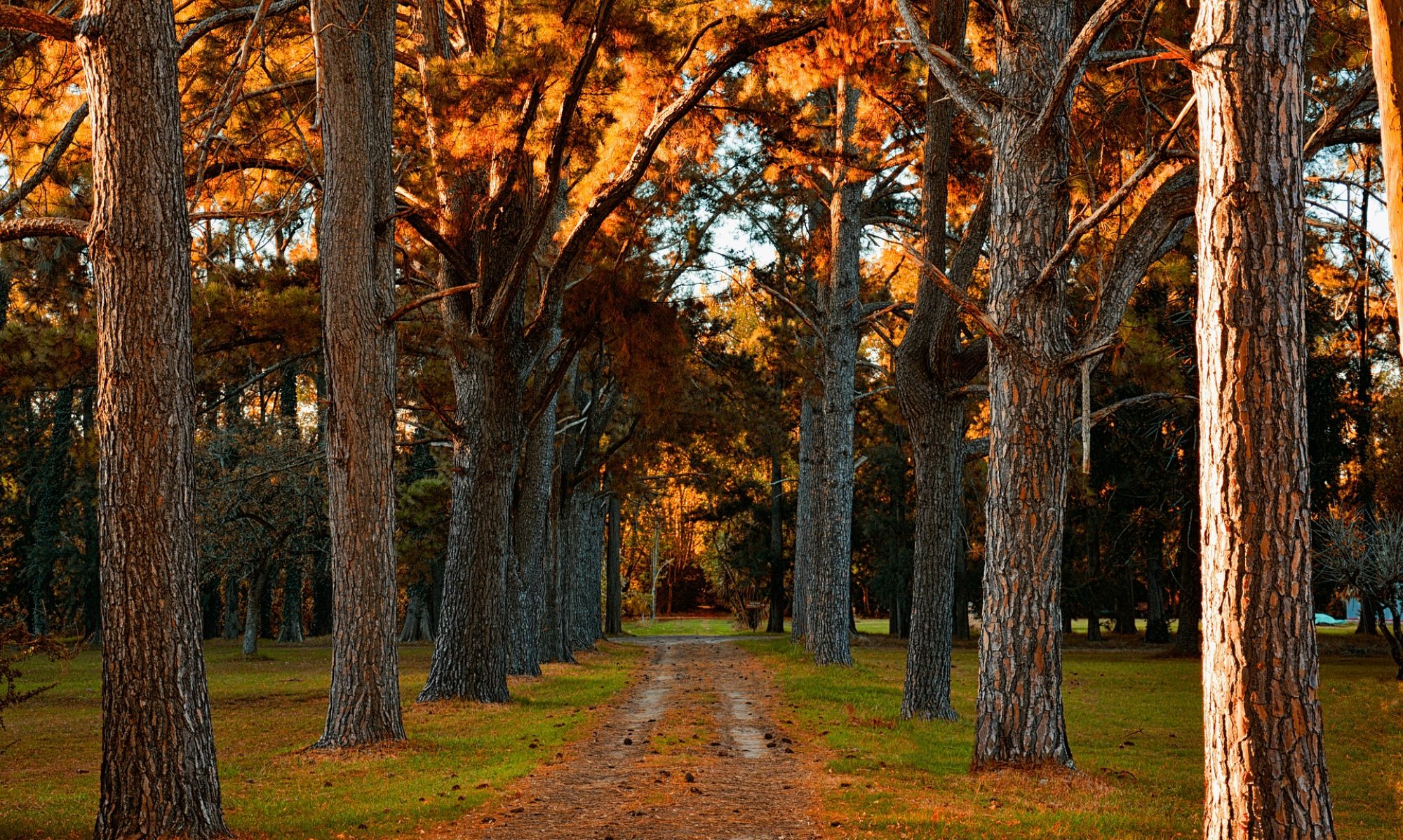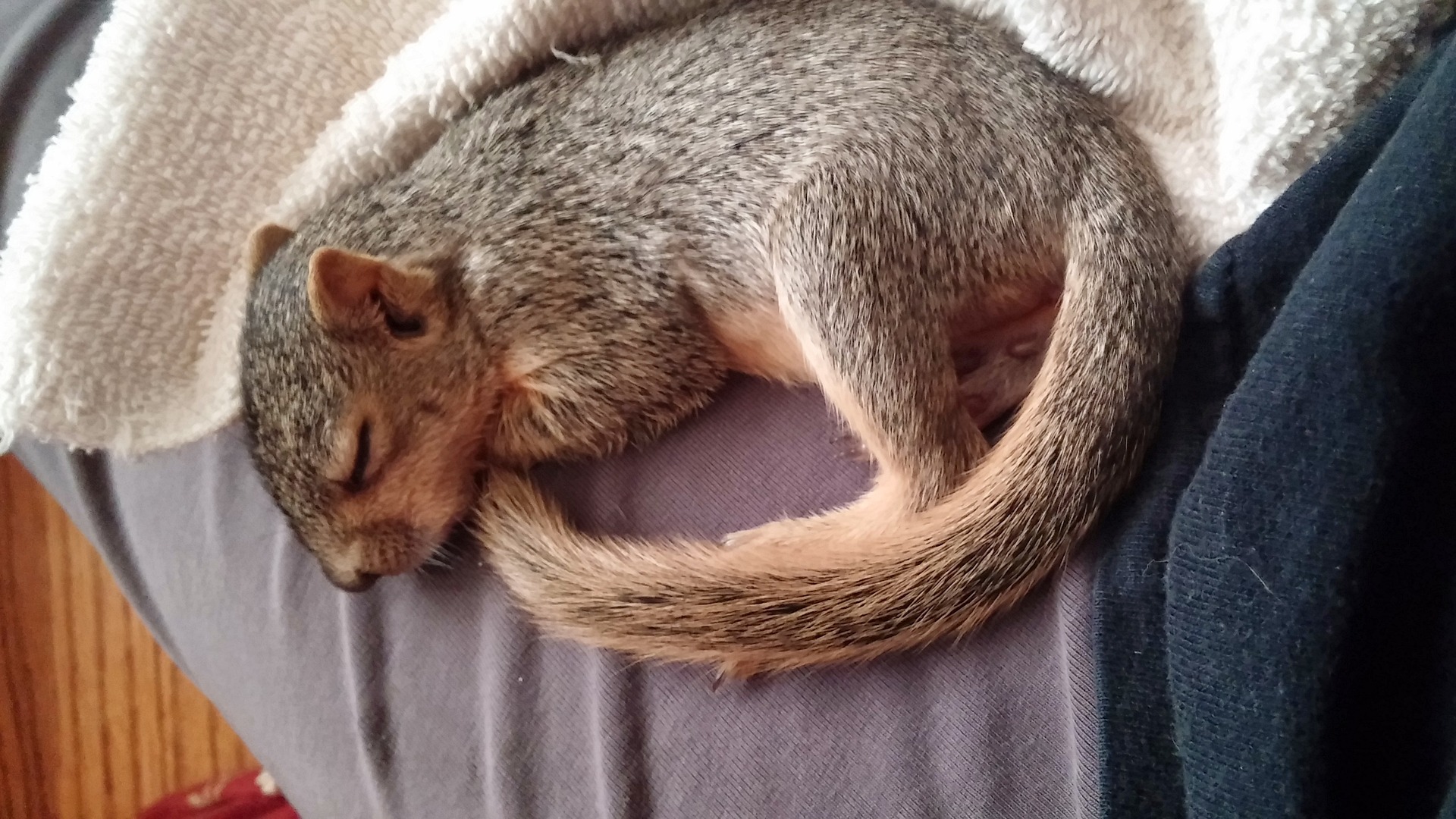In the Book of Genesis (chapter 1), it is told that upon each day of creation, God looked after all of creation and said, “It is good,” and on the Sabbath day, God sat down, took a breath, returned again to creation, and now said, “It is very good” (Genesis 1:31).
On Shabbat, as on every day, there is nowhere to go, nothing to do, no one to be. “Every day is a good day” (Blue Cliff Record, Case 6).
Sabbath Refuge
The day of Shabbat is a day of refuge. The practice of Shabbat is to sit; the practice of Shabbat is to breathe; the practice of Shabbat is to return. Each day, a new opportunity; each day, a new possibility.
Like and unlike all other days, Shabbat is born from grace, the Shabbat menucha, the Sabbath rest. When the mind wanders in meditation, sit, take a breath, and allow yourself to return. Just sitting. Just breathing. Just this. Each breath is a new refuge. Each breath is a new Shabbat.
In the Shobogenzoo, Eihei Dogen Zenji, the 13th Century Japanese founder of Soto Zen Buddhism wrote, “The essential way flows everywhere; how could it require practise or enlightenment? The essential teaching is fully available; how could effort be necessary” (translated by Tanahashi, 1985)?
Just this, just as we are, created in the image of God, male and female God fashioned us (Genesis 1:27). Where is there really to go? What is there really to do? Who is there really to be? Each breath is a new Shabbat.
You are You!
There is a story about Rabbi Zusya, the great 18th Century Chasidic Rebbe. When he was on his final days, he was lying in tears on his deathbed. His students were worried for him, unaccustomed to seeing him so upset. “Why are you so sad, Rebbe? You are a great tzaddik. You will surely get to heaven.”
Rabbi Zusya breathed and said, “I’m scared! When I get to the gates of Heaven, God won’t ask me why I wasn’t more like Moses. He’ll ask me why I wasn’t more like Zusya.” Each breath is a new Shabbat.
In the seventh koan of the Blue Cliff Record, the Sabbath koan, it tells of a monk who earnestly approaches his teacher Hōgen in confusion, saying “My name is Echō. I ask you, what is Buddha?” Hōgen responds, “You are Echō.”
Imagine this story in an Eastern European shtetl 300 years ago. A chasid, let’s call him Yosele, has been spending his entire life studying text after text and remains unsure about God. He goes to the city’s most learned Rebbe and says, “My name is Yosele. I ask you, what is God?” And the learned Rebbe says, “You are Yosele.” Imagine this same story today. Each breath is a new Shabbat.
Nothing is Wasted
While on the first retreat of the Jewish Mindfulness Meditation Teacher Training program a few years ago at the Isabella Freedman Jewish Retreat Center, I discovered something beautiful, I saw a squirrel. I really saw a squirrel!
As I was walking back from the dining room to my cabin after Shabbat breakfast on the last full day of retreat, I saw a young squirrel with an overflowing wadful of rain soaked leaves in his tiny mouth, thinking how odd it was, as the leaves were for too wet and many to eat, only to realize he was probably building a home using the foliage for shelter.
Creation takes even God’s breath away. Nothing is wasted. We are like that. Each breath is a new Shabbat.
Nowhere to Go, Nothing to Do
“There is a purpose for everything under the heavens” (Ecclesiastes 3:1). When you are feeling down, lonely, or without purpose or direction, know there is no waste. How can there ever be waste or burden in creation? How can you ever be a waste or burden? There is no waste in creation, not a single bit.
You are made perfect in the image of God; we all are. Each week, God creates us anew, sits, breathes life into us, and returns to be with us. “It is very good” (Genesis 1:31). You are You. This is Shabbat menucha; this is the refuge of Sabbath. Each week, a new creation; each breath, a new Shabbat.
When you sit in meditation, breathe in naturally, and breathe out, “Nowhere to go.” Breathing in naturally, breathing out, “Nothing to do.” Breathing in naturally, breathing out, “No one to be.” If you forget, no problem. Just return to your breath, return to the Sabbath peace, and start again. Breathing in, breathing out. Each breath is a new creation; each breath is a new refuge; each breath is a new Shabbat.
As always, if you are interested in learning more about Jewish Mindfulness Meditation or how to create a more meaningful spiritual path for you and your loved ones, please make sure to sign up and click the “Stay Connected Now!” button below!
Adam Fogel
www.mindfuljudaism.com

